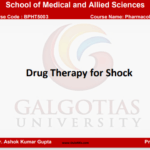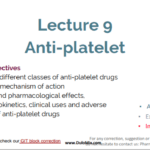Antacids are a type of medication that can provide relief from heartburn, indigestion, and other symptoms caused by excess stomach acid. They work by neutralizing acidic gastric secretions in the digestive system, minimizing the effects of acid reflux or gastroesophageal reflux disease (GERD).
Antacids come in different forms, including tablets, liquids, chewable tablets, and gel. Some of the most common ingredients in antacids include calcium carbonate, magnesium hydroxide, aluminum hydroxide, and sodium bicarbonate.
Calcium carbonate-based antacids are among the most popular and work by contracting the esophageal sphincter muscle to prevent stomach acid from entering the esophagus. Magnesium hydroxide-based antacids work by neutralizing stomach acid and promoting bowel movements, while aluminum hydroxide-based antacids work by reducing stomach acid output.
Antacids can provide quick relief from acid reflux symptoms such as heartburn, but they also come with potential side effects, including diarrhea, constipation, and abdominal pain. Long-term use of antacids can also lead to calcium and magnesium deficiencies, which can cause health problems like osteoporosis and heart disease.
In summary, Antacids are a relatively safe and effective short-term solution for acid reflux and other gastrointestinal problems characterized by excess stomach acid production. However, long-term use should be monitored closely, and other treatment options should be explored if symptoms persist.










